Every time an influencer gets roped into a self-incriminating scandal, the influencer community quickly becomes fodder for unrelenting criticism. Let’s be real, most of us have passed snide comments on their appearances and attitudes — but, are their online personas a true reflection of their truest identity? We’re pulling back the curtain on influencer misconceptions.
To find out more about what it’s like to be an influencer in Singapore (and be subjected to harsh scrutiny on a daily basis), we asked some of them to share with us the realities of their jobs.
Nicole Choo, @Nicole.choo

What is one misconception that people have of you as an influencer?
I personally think that people feel that I’m unapproachable and spoilt. When they meet me in real life, most of them usually tell me that they never expected me to behave the way I do. In general, I also feel that people believe that being an influencer takes little effort… but this is a legitimate job. A lot of thought has to be put into the content I produce; it needs to be consistent while remaining interesting. A majority don’t realise that self-discipline is very important as well, such as the need to post on all social media platforms every day. I am constantly seeking out new companies to work/collaborate with and this can build up to months of emails and meetings just to close a single deal.
Does being an influencer affect your mental health and how do you deal with it?
It’s sad to say that one can grow numb to the pain but I find that it makes you a stronger person in many aspects of your life. Sometimes when people say things that really hit me in the feels (especially on sensitive topics), I always tell myself that it’s just another person who doesn’t know. Even though my job puts me in the spotlight of random people running their mouths, I remind myself that every job has its pros and cons. People who are mean are not worth your time and it’s just a reflection of who they are, not who you are.
Danil Palma, @Whathebronte

What is one misconception that people have of you as an influencer?
That being a content creator is easy work. The platforms demand a delicate balance between aesthetic value, novelty and authenticity. As a content creator, you are like a mini-company: acting as a business developer, creative agency, production, finance department and admin. When your audience and clients are counting on you to continually deliver great content, there is a certain amount of pressure and accountability involved.
Does being an influencer affect your mental health and how do you deal with it?
Of course! There are many times when I’m plagued with self-doubt and start talking down to myself. But just like how you won’t scold a friend who’s feeling down, we shouldn’t engage in negative self-talk. Instead, we should learn to affirm ourselves. For me, I remind myself why I do what I do — to share, educate, entertain and inspire people to live the best version of themselves. From time to time, I also take breaks from social media to keep myself grounded.
Sheena Phua, @Sheenaphua

What is one misconception that people have of you as an influencer?
People tend to think that life is a bed of roses for us; day in and out we receive multiple sponsorships in the form of products and services. However, some people misunderstand that these are free. Rather, it is more of a transaction for marketing and publicity with some form of remuneration discussed for the services provided. At the end of the day, nothing comes free in life and influencers put in hard work to receive their due as well. It is just like any other job that gets you paid for your time and effort.
Does being an influencer affect your mental health and how do you deal with it?
Social media is like a double-edged sword. To tell you the truth, it has affected my mental health both positively and negatively. I face my own insecurities. I used to feel the pressure to keep up because of the “fear of missing out”. After a while, I realised that I am much happier dissociating from this toxicity especially when I focus on my own craft at my own pace.
Rachel Wong, @Rchlwngxx

What is one misconception that people have of you as an influencer?
I think people think that as an influencer, you’re probably self-entitled, spoilt and will promote anything for money. But that’s not true, at least not for me. I’ve always been honest to my followers as I feel I owe it to them. I feel that if you’re found lying even once about any product/service, none of what you say after can be trusted — which is the base of an influencer’s business in the first place — that relationship you have with your followers.
Does being an influencer affect your mental health and how do you deal with it?
With the new algorithm on Instagram, sometimes I feel the pressure to always share content. However, some days I don’t want to be under so much pressure so I just chill by myself or with my friends and family. When it reaches a point where I’m too stressed out, I choose to shut off and maybe disappear for a day or two on social media. It works for me because I feel better and excited to create more content after my break. It’s like a reset button!
Charlotte Lum, @Charlottelum

What is one misconception that people have of you as an influencer?
That I have things easy and I lead a very glamorous life. The fact is, I do struggle with the workload and creative blocks just like everyone else. Sometimes, the campaigns that I’m involved in are susceptible to last-minute changes and it is very tedious to plan reshoots on short notice. That’s the side outsiders don’t see. People tend to assume my personality is based off what they see on my Instagram posts. They have no idea how I actually lead my daily life off-camera. Despite all the stylised pictures on my Instagram page, I do dress down and eat simple meals at the coffee shop near my home during my off days.
Does being an influencer affect your mental health and how do you deal with it?
Yes, being an influencer has affected my mental health. However, I feel that every industry has its ups and downs and every job requires us to have a certain level of tenacity. Having no fixed working schedule can get really hectic at times. On days where I feel really stressed out, I would give myself a mental break and put everything work-related on hold for a day to recuperate. I’ll put down my phone and disconnect for a while. Doing things that I love helps to cheer me up such as playing games on my phone/computer and playing the piano.
Ben Siew, @Craziben

What is one misconception that people have of you as an influencer?
Many people think that being an influencer is an easy job; influencers are often sponsored products and services, on top of getting paid in cash. However, there are actually many things behind the scenes which people do not see — the hard work behind our curated content, be it in terms of visual images or copywriting. We can usually spend numerous hours on simply editing individual images to ensure that they align with the brand image the client wants.
Does being an influencer affect your mental health and how do you deal with it?
As an influencer, you are putting yourself in the public eye for all sorts of judgement and it is very common to receive criticism and negativity. We can experience it from anyone and everyone, such as our clients or followers. Personally, I take negativity as a form of motivation. I constantly strive to be a better version of myself and take this criticism into consideration to produce even better content.
Written by Sinead Lee.

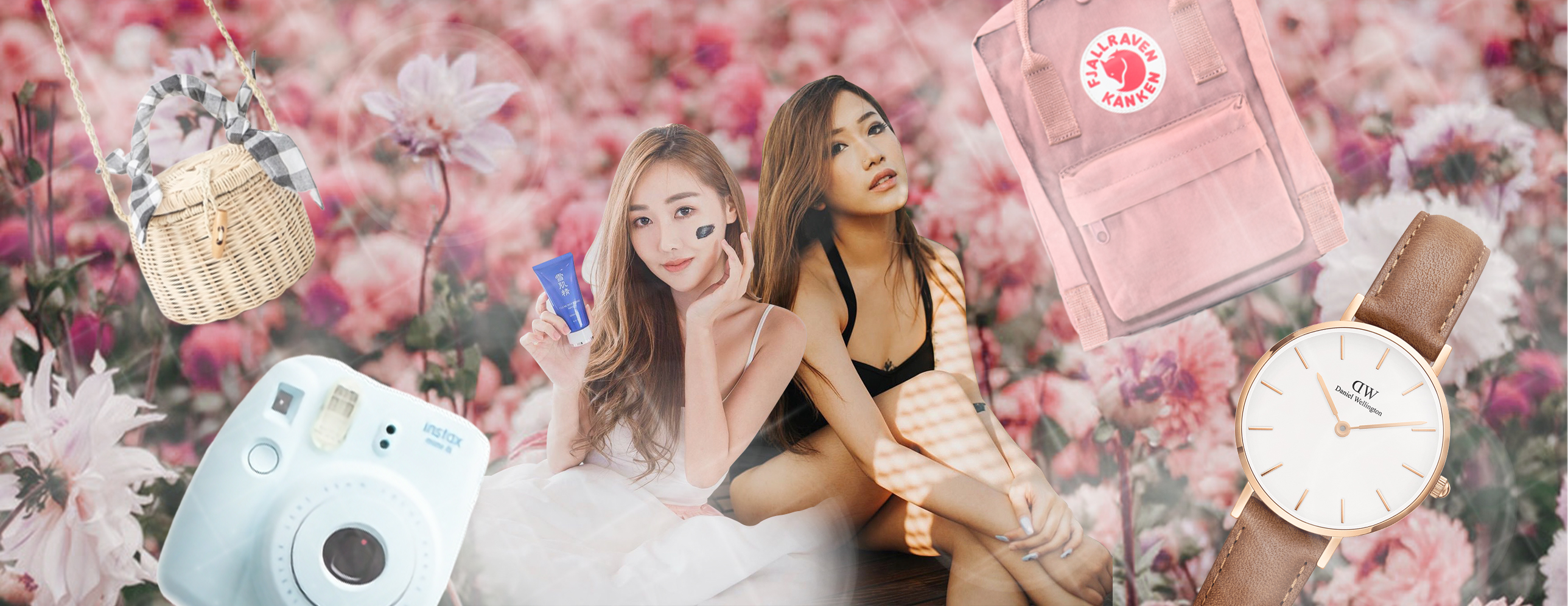
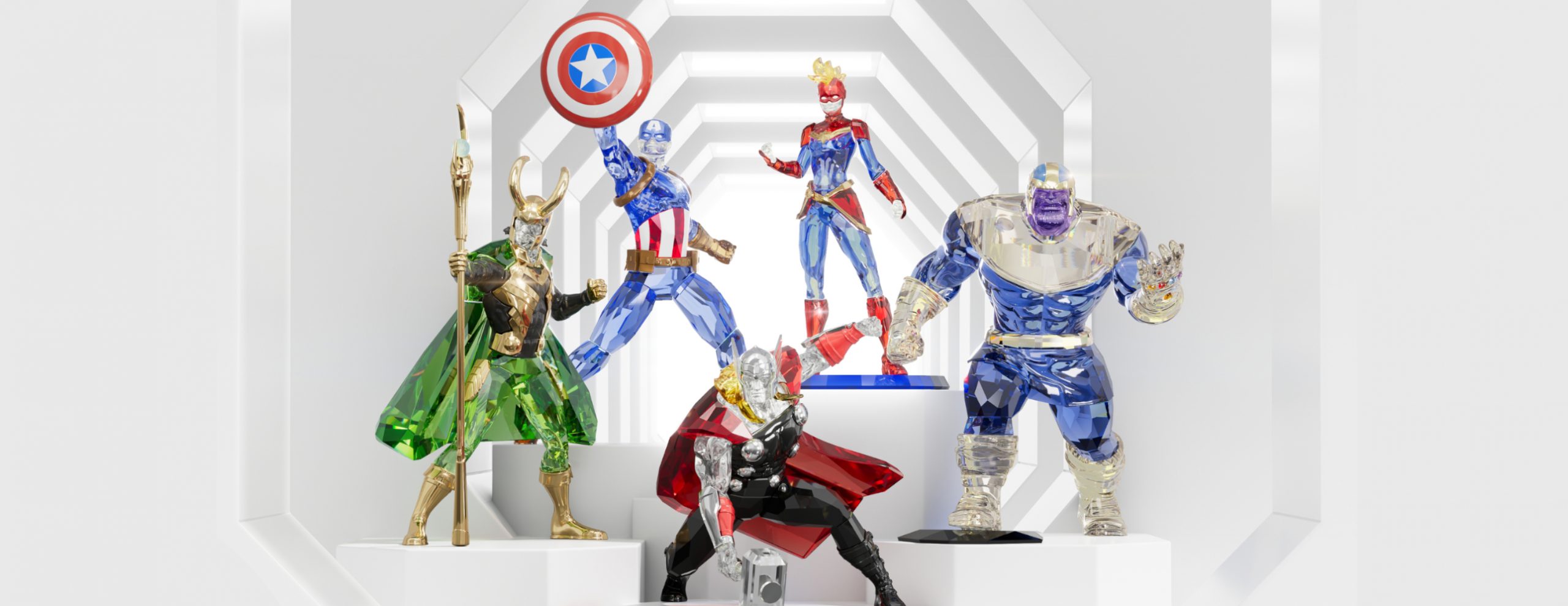
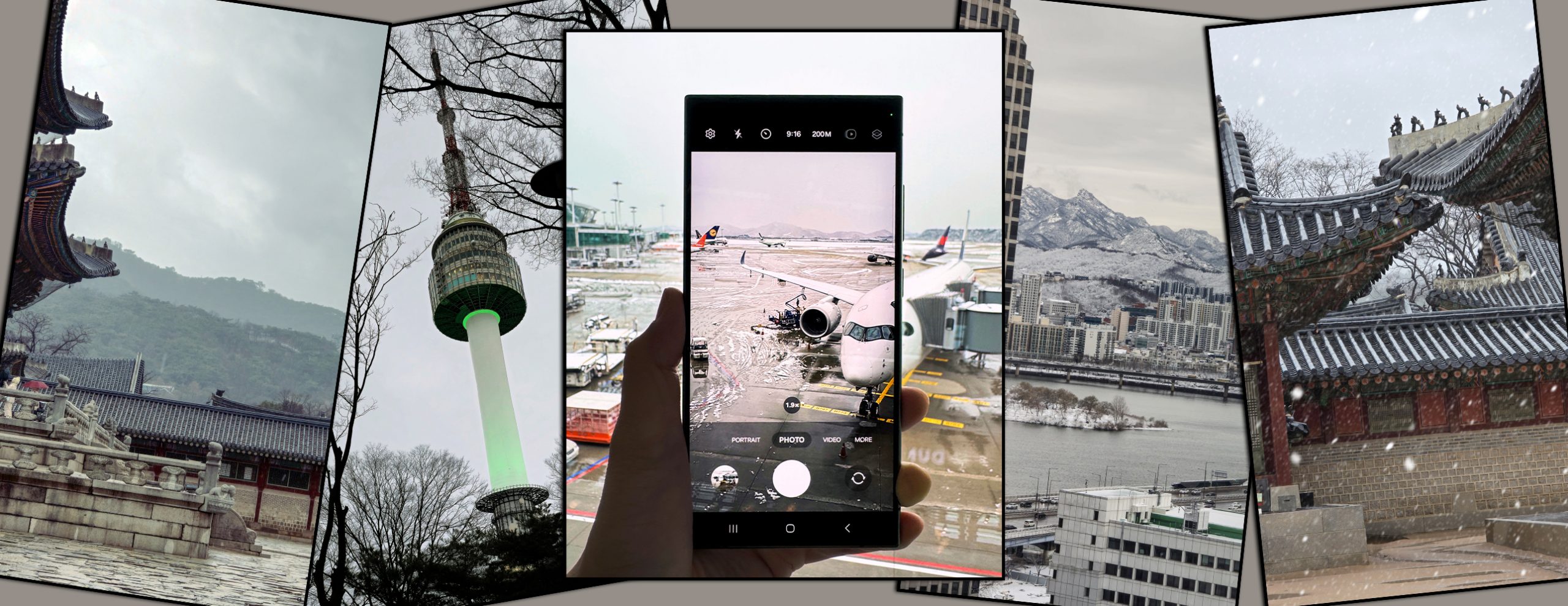

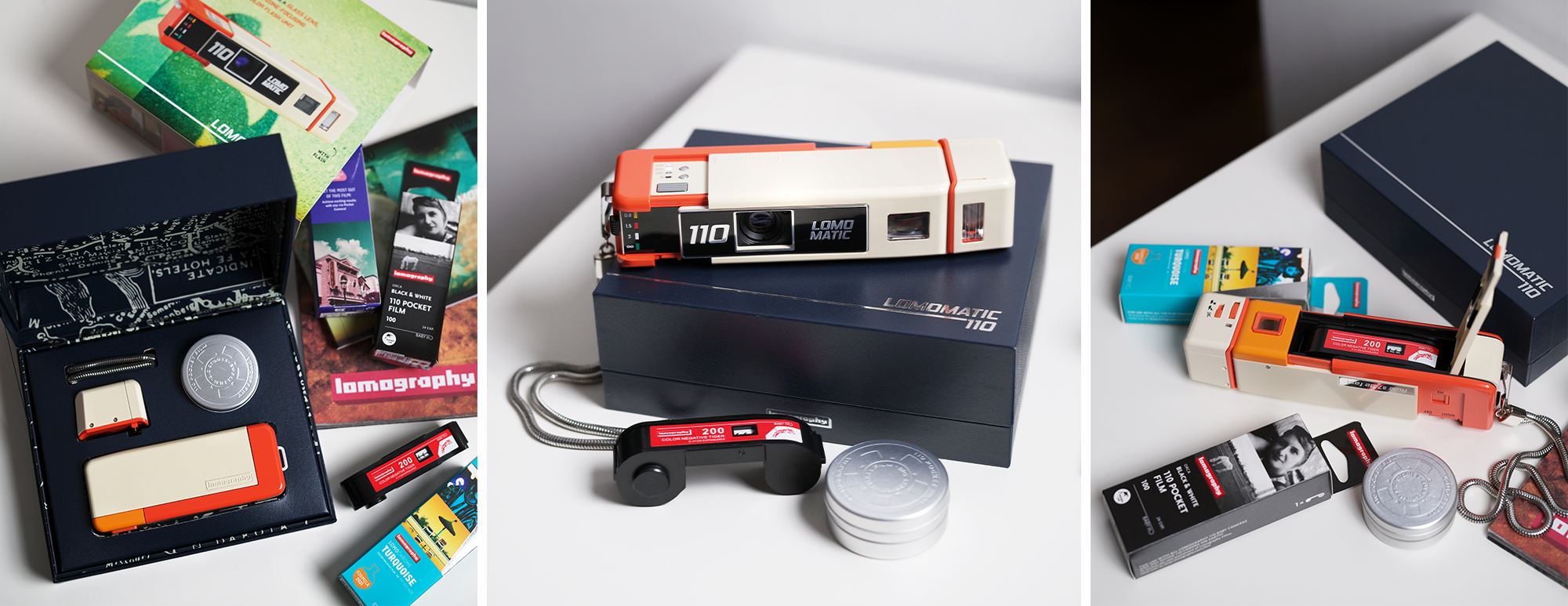
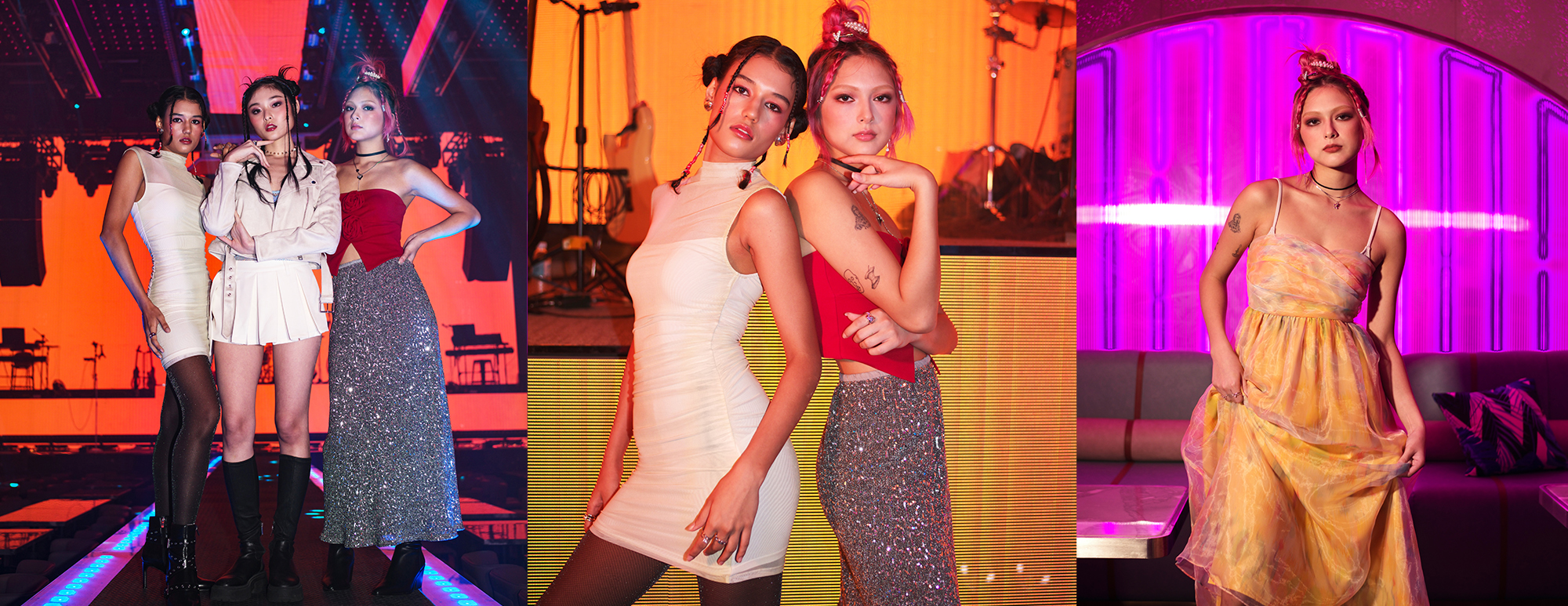
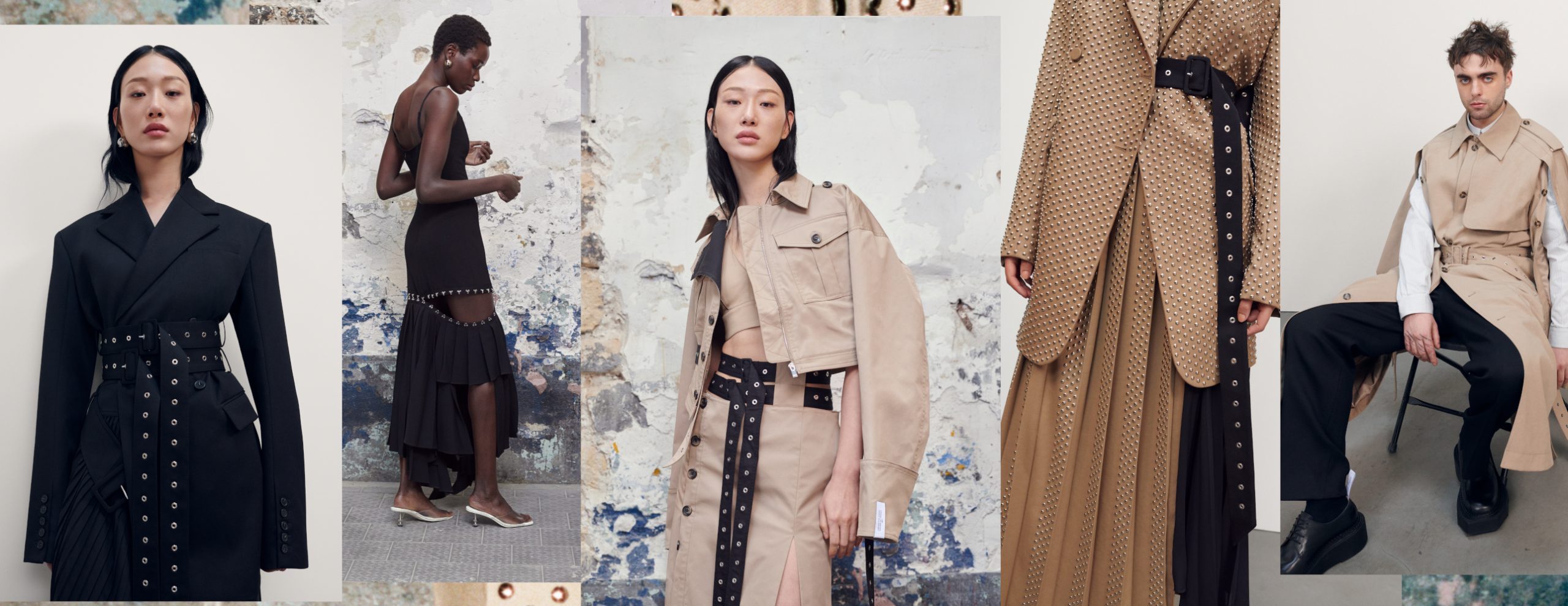

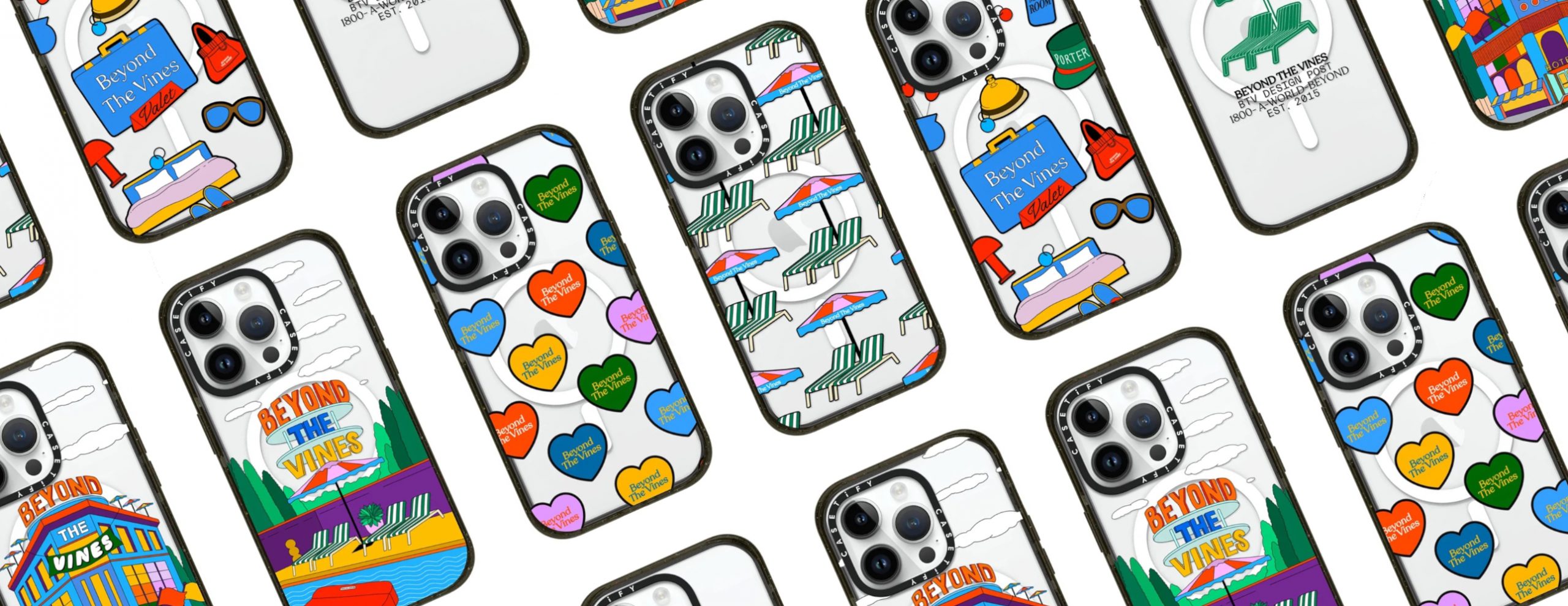

You must be logged in to post a comment.